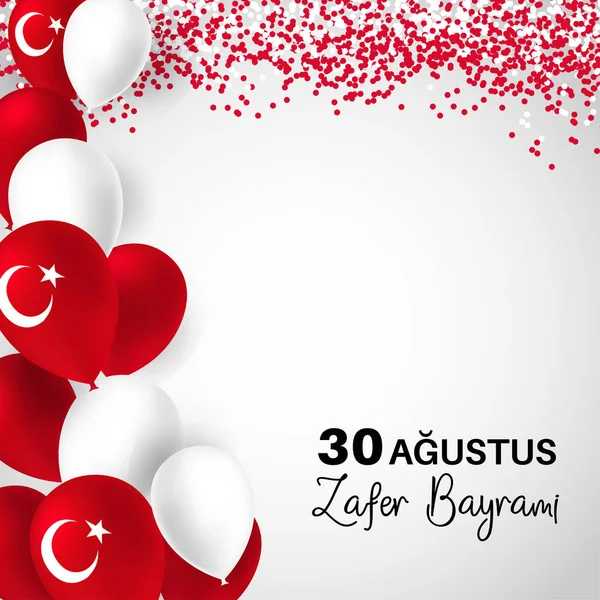
As EU voices against Turkey’s membership in the bloc became louder, Erdoğan whipped up nationalist fervor against the EU. The introduction of emergency rule after the coup attempt and the increasing repression that followed further complicated Turkey’s relations with the West. Amid the deterioration in relations, Turkey became the first NATO member to buy a sophisticated weapons system from Russia (S-400 missiles) and to have Russia build a nuclear power station in the country. This fueled Erdoğan’s deep mistrust towards them and largely explains his rhetoric ever since. In contrast, Turkey’s more long-standing allies-the United States and European Union-hesitated before condemning the coup attempt. Following the July 2016 coup attempt in Turkey, Putin extended his unequivocal support for Erdoğan, setting the scene for deepening relations.

Turkey’s relations with Putin steadily warmed, especially after the issue of sanctions-which Russia imposed after Turkey downed a Russian warplane over Syria-was resolved in June 2016. Erdoğan suggested that he would be prepared to give up Turkey’s ambition to join the EU, long regarded as a symbol of Turkey’s Western orientation. In the wake of the Gezi Park protests in 2013-which erupted in reaction to growing authoritarianism and media repression in Turkey-Erdoğan reached out to strongman Russian President Vladimir Putin (in that case, specifically seeking help with Turkey’s membership in the Shanghai Cooperation Organization). Democracy stumblesĮrdoğan’s threats to break away from the West are not new, and are closely linked with the weakening of democracy in Turkey. The outcome will be a Turkey that steadily drifts away from the West, but stops short of actually exiting the trans-Atlantic alliance.

leadership in the post-WWII rules-based order, will further complicate the picture by making the West less appealing to Turkey. Instead, what is much more likely is a tug of war between structural factors binding Turkey to the West and a constant drumbeat fed to the public of wanting to “ exit the West.” The growing disarray within the West, fueled by democratic regression in its ranks and weakening U.S. It’s highly unlikely that Erdoğan would do that. measures were not reversed, Turkey would “ start looking for new friends and allies” and alluded to seeking a new strategic orientation away from the West.

In an op-ed he penned for the New York Times, Erdoğan threatened that if U.S. Meanwhile, freshly re-elected President Recep Tayyip Erdoğan has rallied his supporters-and even the main opposition People’s Republican Party (CHP)-around resistance.


 0 kommentar(er)
0 kommentar(er)
